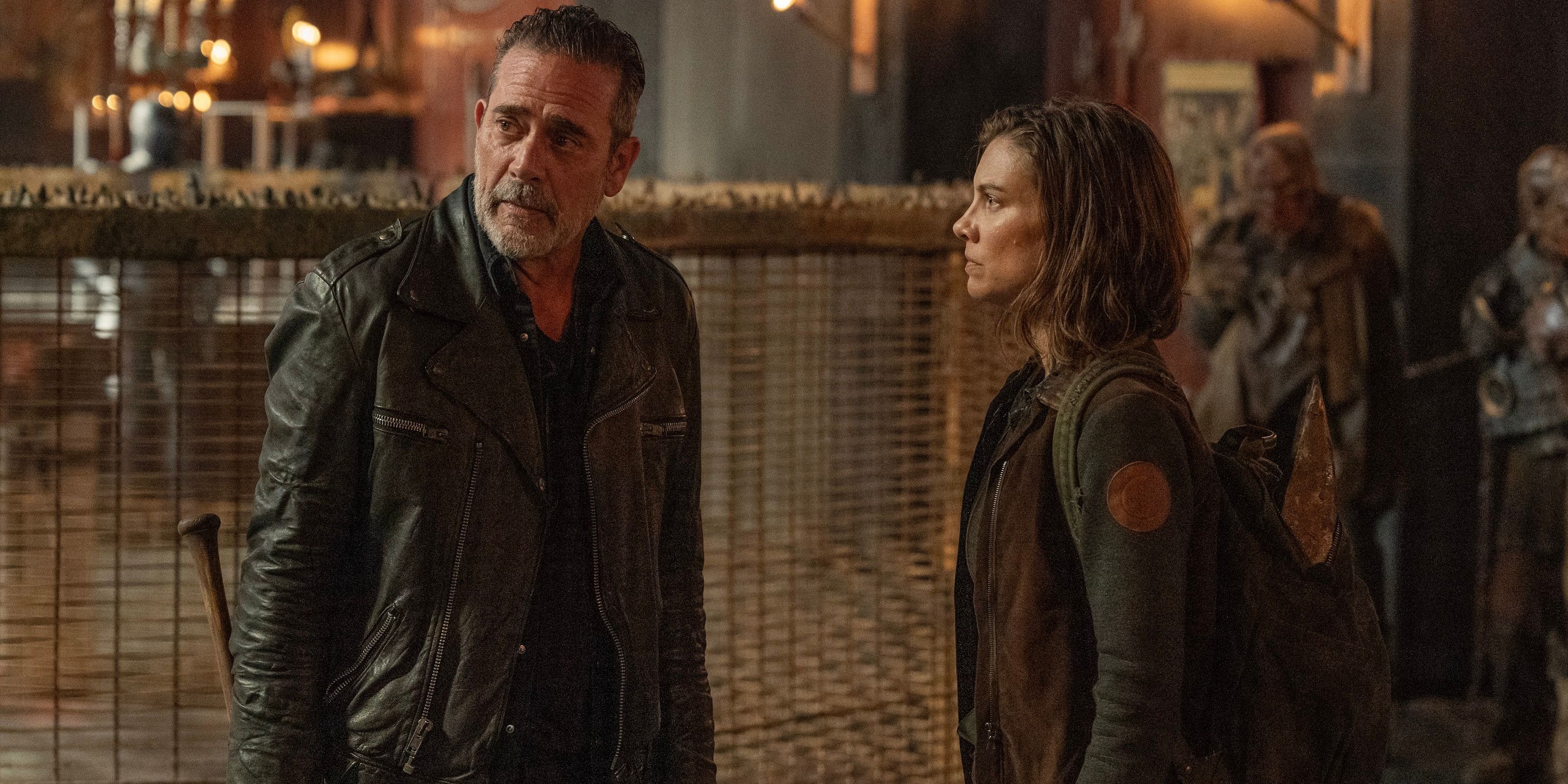
Gimple discussed how long the bear fight was kept a secret on Dead City, a talked-about moment in Lauren Cohan’s directorial debut episode, as well as the comic influences on teenage Hershel’s arc as an anti-hero. Additionally, Gimple divulged what nostalgic aspect of the main show he’d still like to reinstate into the spinoffs, as well as whether Dead City will ever leave Manhattan for a new area. Plus, he reveals one of the biggest creative risks he and showrunner Eli Jorné took in the Season 2 finale.
CBR: I want to first ask about the bear fight, which is the talk of the town among fans. Who was the mastermind behind that, and how long were you guys sitting on that fight before it came to fruition?
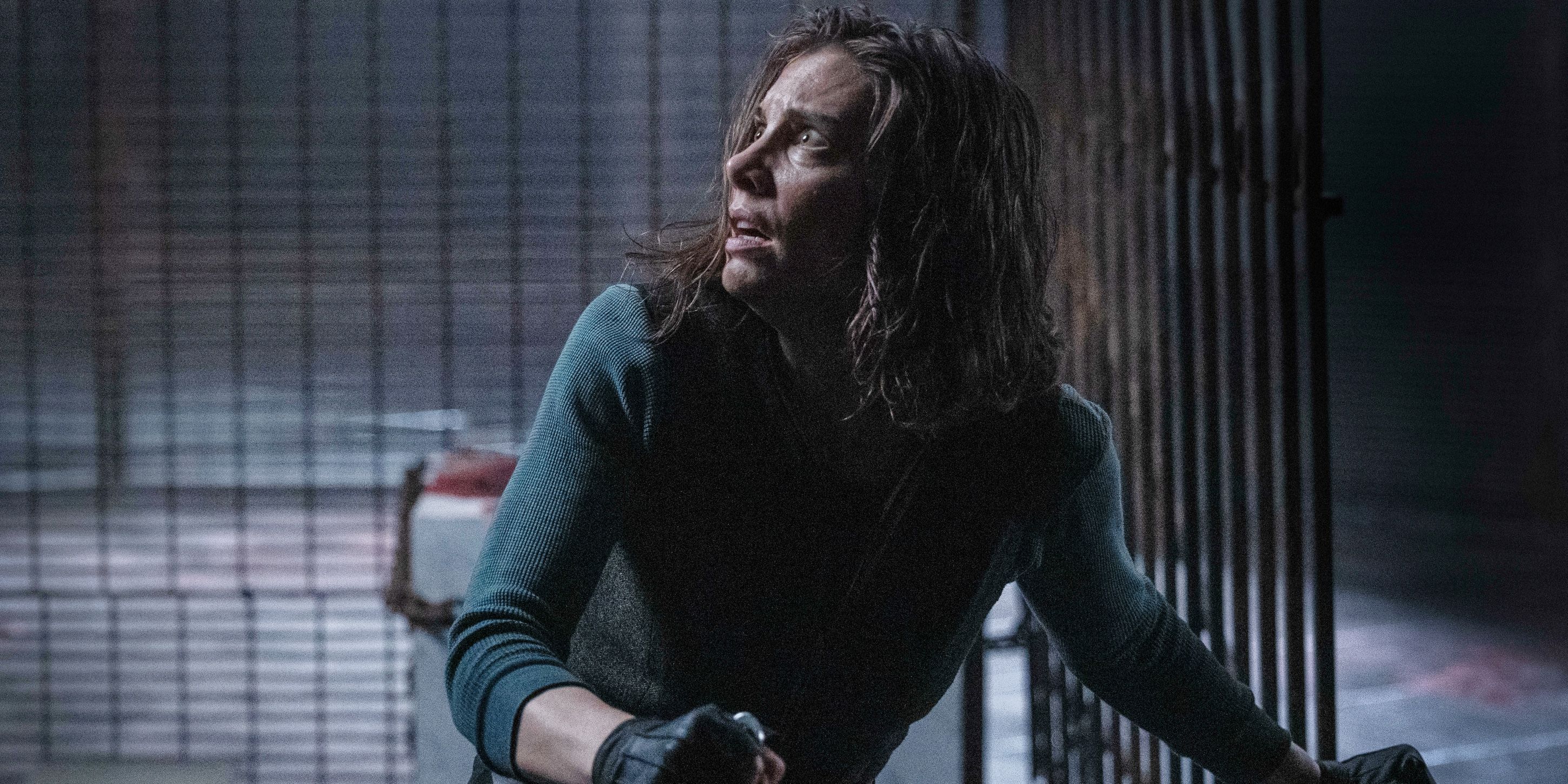
Scott M. Gimple: That was Eli Jorné and the writers 100%. Sitting on it… it was pretty much from the time they scripted it through. We did include a little bit of the bear in one of the trailers. We all went sort of back and forth about it because it was such an amazing surprise. But it was also so good, and we were like, “It might be good to tip people off as to this happening.” It was a “tune in and find out” sort of thing. It would say right up until the trailer, mum’s the word.
I will say, some time before the trailer dropped, someone on Reddit asked where all the bears are on The Walking Dead, having no clue there would be one on Dead City. It was a hilarious coincidence.
I love it. There’s an idea space, and we’re all sort of floating in it.
Jumping to the Season 2 finale, Hershel has one of the most interesting arcs in the franchise. What went into developing Hershel through this anti-hero arc, and why did you guys decide to go that route in the first place?
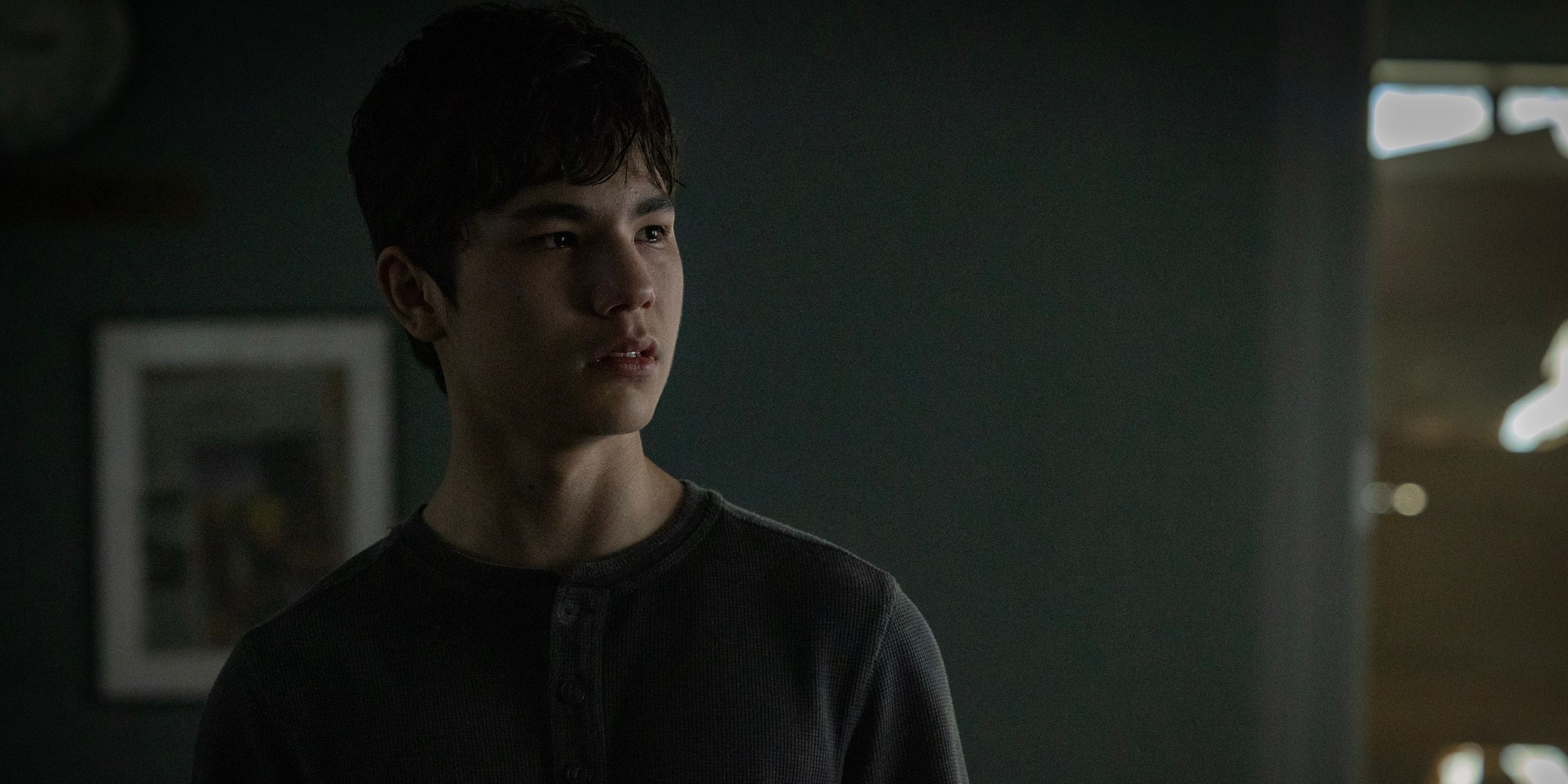
That’s all Eli and the writers. From my vantage point, as sort of the biggest fan in some ways, in the last issue of The Walking Dead comics, there’s a big time jump. We see Hershel as a young man and he’s an anti-hero. He’s almost a villain. I have to think there’s [Robert] Kirkmanian influence there.
That actually transitions well into my next question. The main TV show always strayed away from the comics to keep things fresh, but the inspiration was always there. For the spin-offs in the current age of the franchise, how much are the comics used as a general source of inspiration?
I push the showrunners to really look at the comics as the bible of the whole thing. I think there are some things in the main show that we did with absolute utter fidelity to the comics. And then there were things we changed to preserve the surprises, the emotion, the moments from the comic that people weren’t expecting, or just to have them hit the same way. I think you can point to various things in the spinoffs where you can see little glimmers of the comic. Certainly in The Ones Who Live, something pretty big from the comics happens, [just] not in the same way. Rick physically resembles the Rick from the comics by the end of The Ones Who Live.
Going back to Dead City, this season had eight episodes compared to last season’s six-episode structure. How do you feel about extending the episode count? Are you guys open to returning to the 16-episode structure like The Walking Dead had?
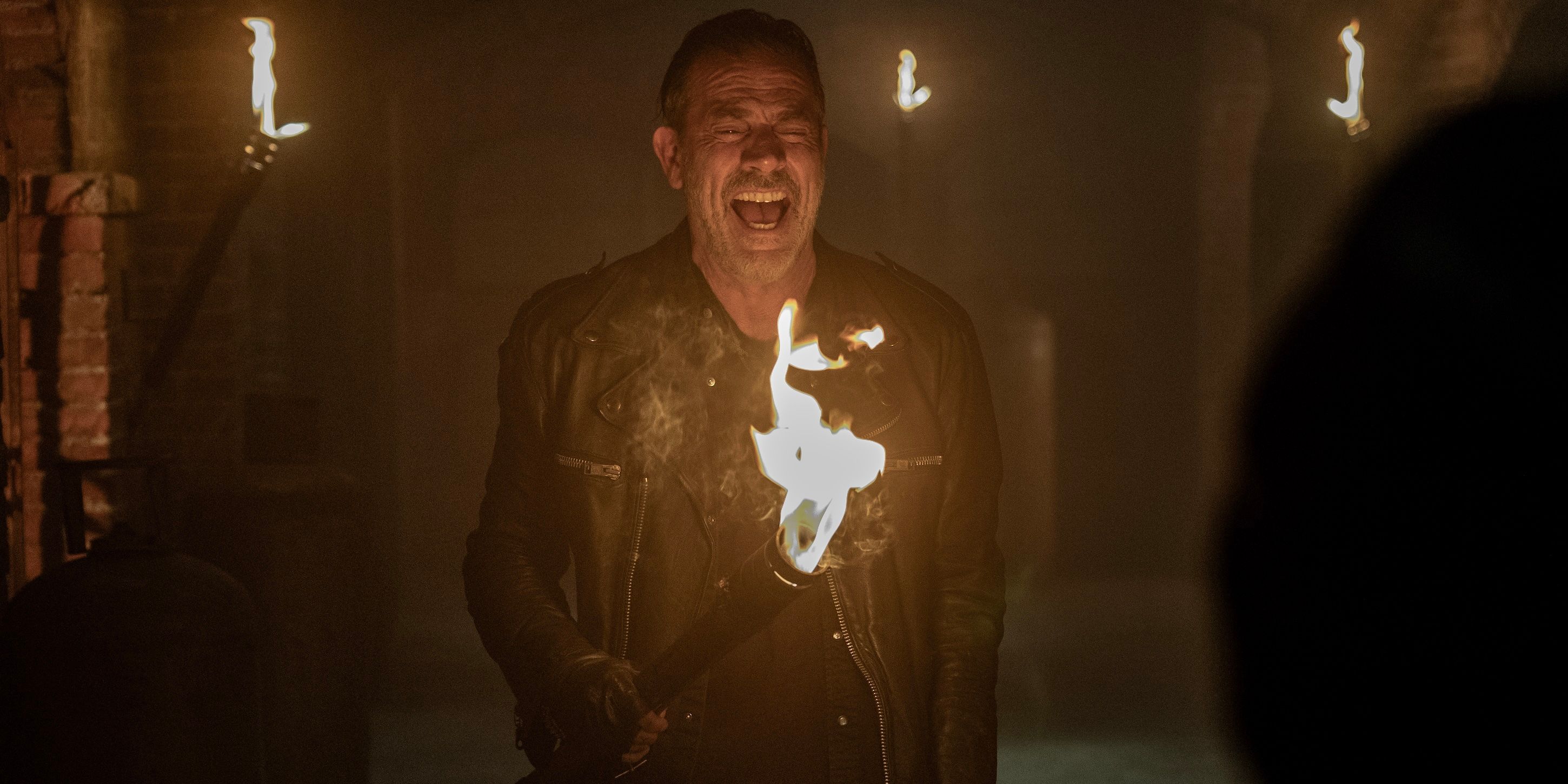
I think it’s just a different world. I didn’t get in any kind of trouble over this, but a few months ago I was like, “I really want to do 16 episodes.” I think people took that as us moving towards 16 episodes. People on the inside here were like, “What?” I love that sort of storytelling. It resembles comics and classic TV. But I think it’s just the nature of how people watch television now. It’s a different world. I still harbor that desire to tell stories that way, and I’m not necessarily giving up on it. I don’t think it’s imminent. But I would love for it to happen again.
It’s my opinion that that’s how people like watching television, at least serialized stories. I think the audience actually prefers the longer seasons and there are a lot of glimmers of proof we have. But the economics of television has changed and made it more of a necessity to do things this way. It’s just the way people consume television that makes those longer seasons rarer to come by. And yet, we’re seeing more and more of it happening, and we’re seeing more and more success from it. Hopefully, it comes back. I would love us to be a part of it.
Those 16-episode seasons were an event. Everyone remembers the end-of-season and mid-season finales.
There you go. For 12 years or four months out of the year, whether people were framing their lives around it or whether it was just a regular thing they could count on every week, it’s a real relationship. To have those sorts of relationships in our lives, that’s a blessing in real life. If we have it with fictional characters and seeing their lives, that’s a good thing too. That’s an incredible journey to take. I would love to take audiences on that journey again.
So many shows aren’t able to achieve the success that The Walking Dead has in terms of being a medium-spanning franchise with many spin-offs. It’s a rare thing. From your perspective, what is the secret ingredient to not only keeping the franchise alive, but keeping it thriving?
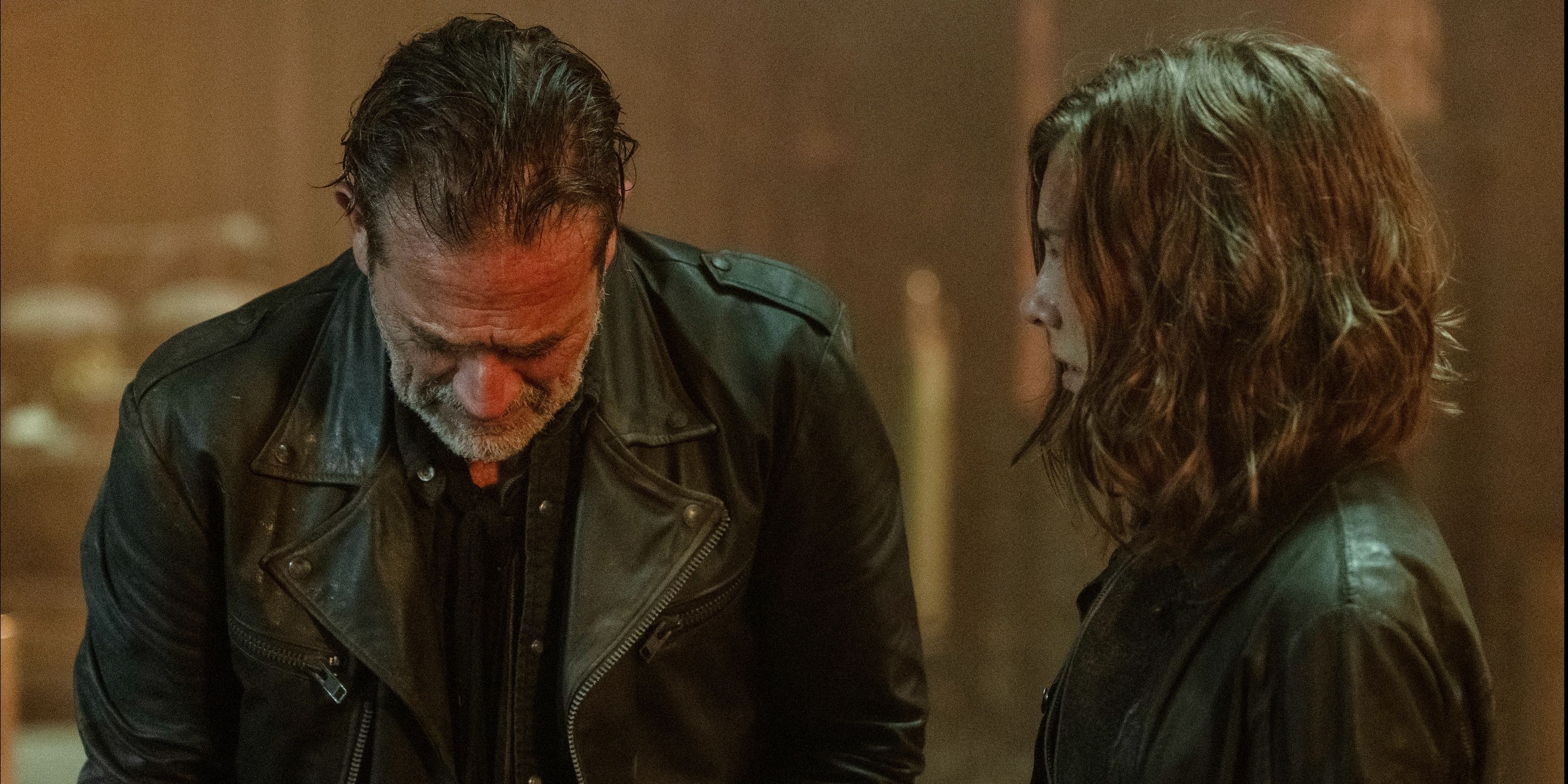
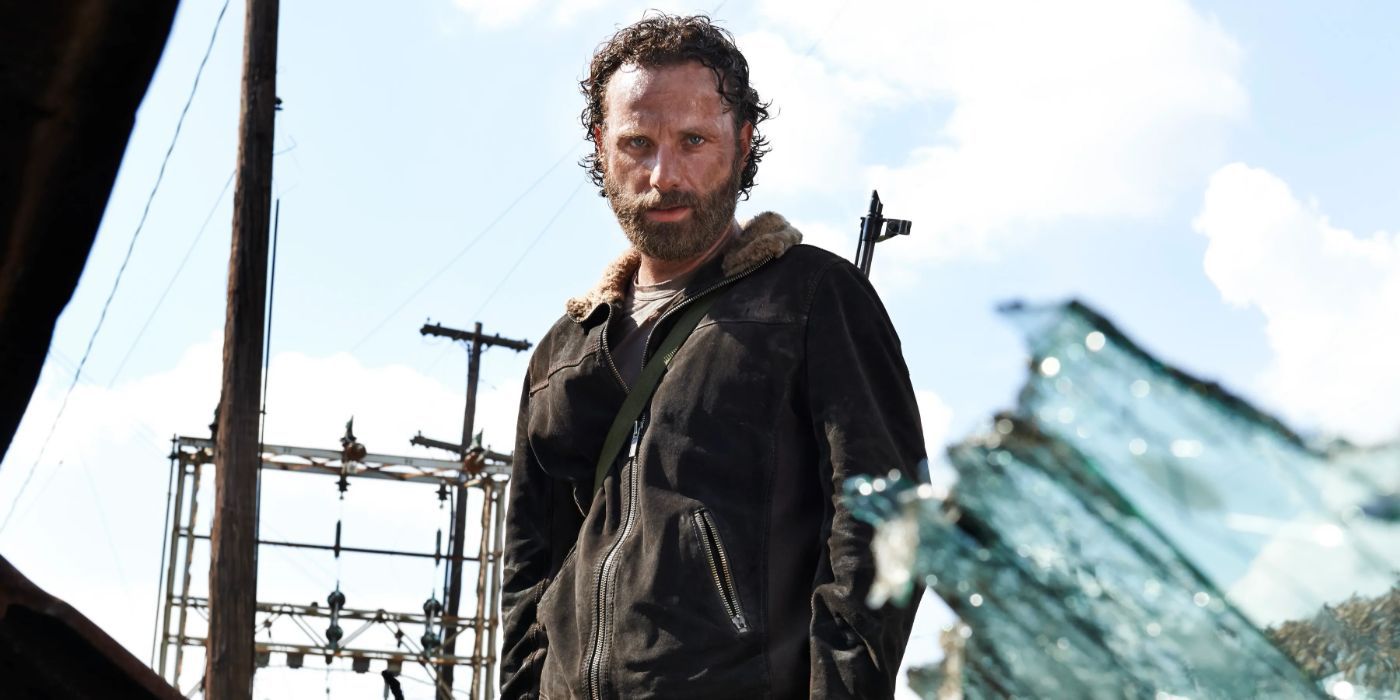
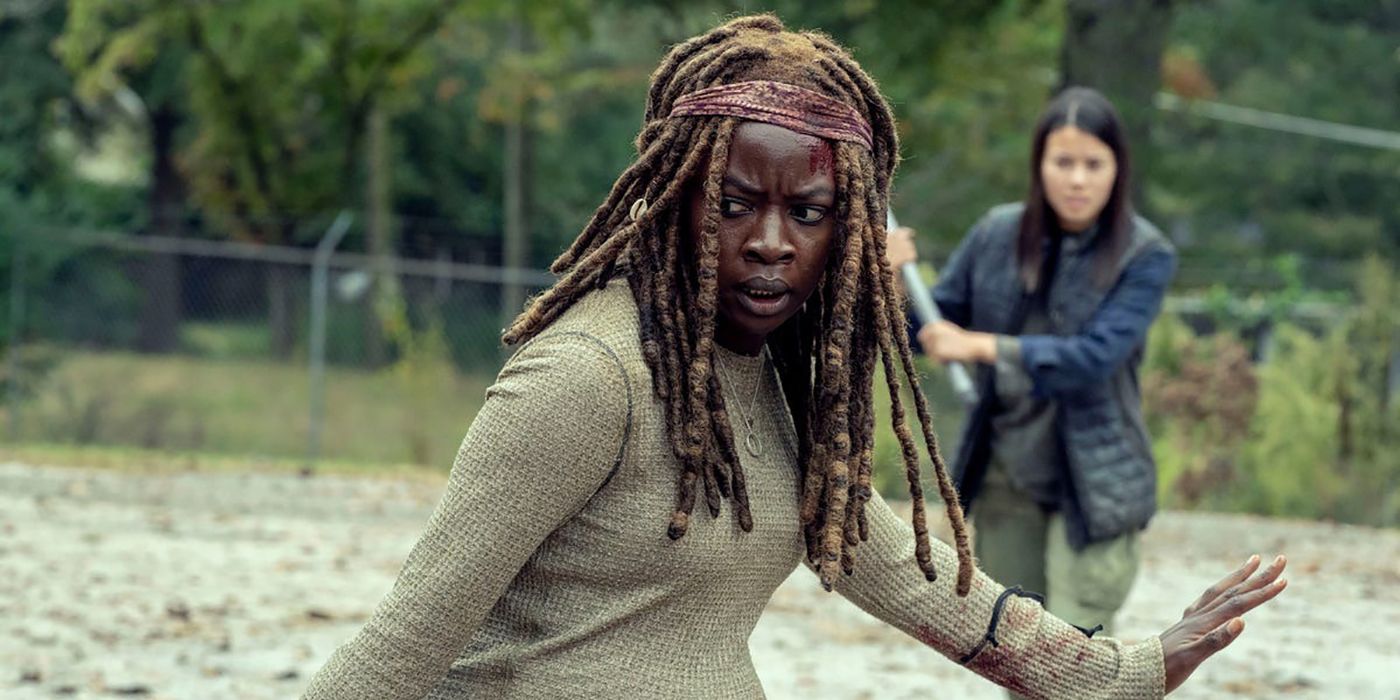
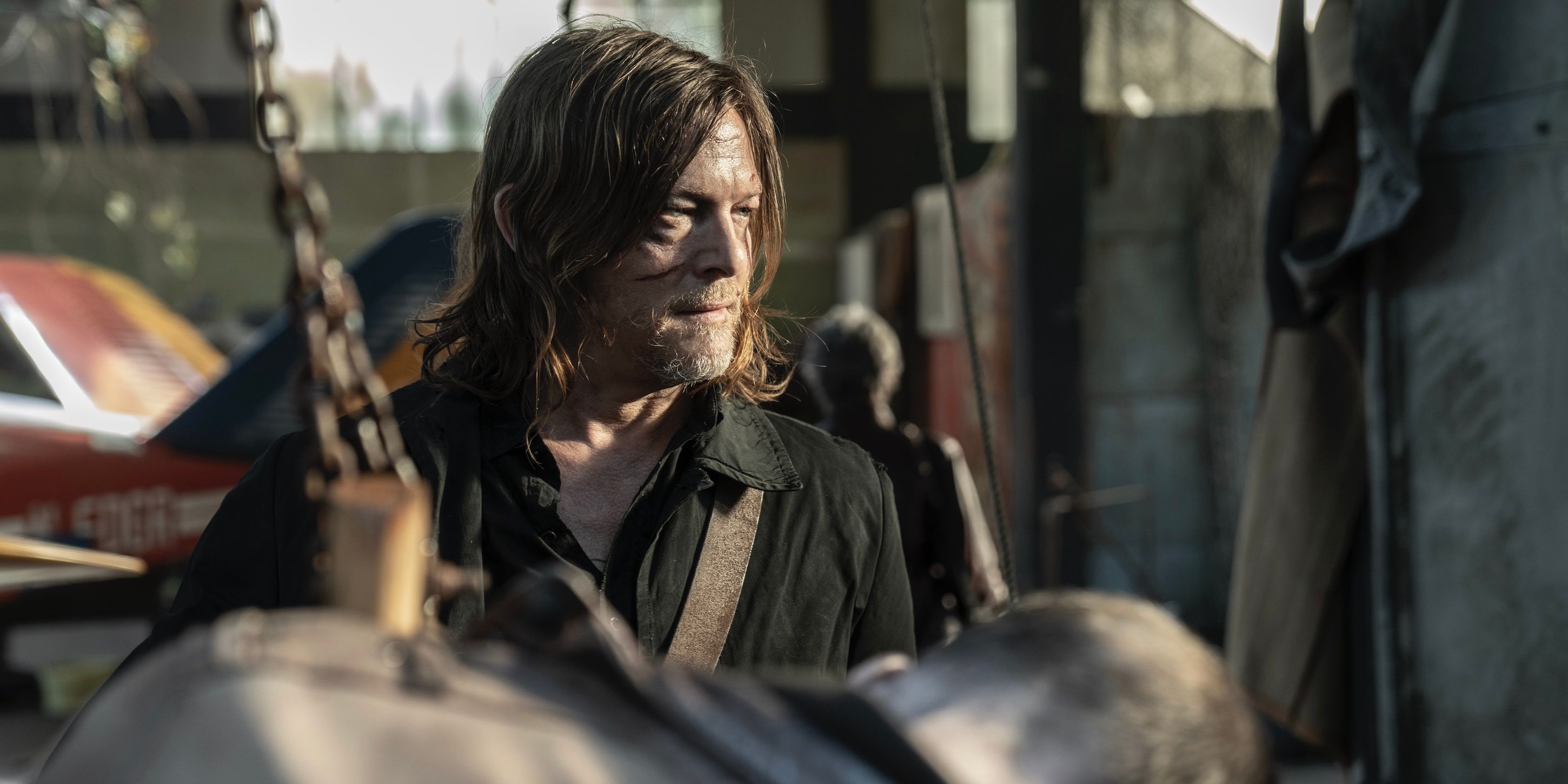
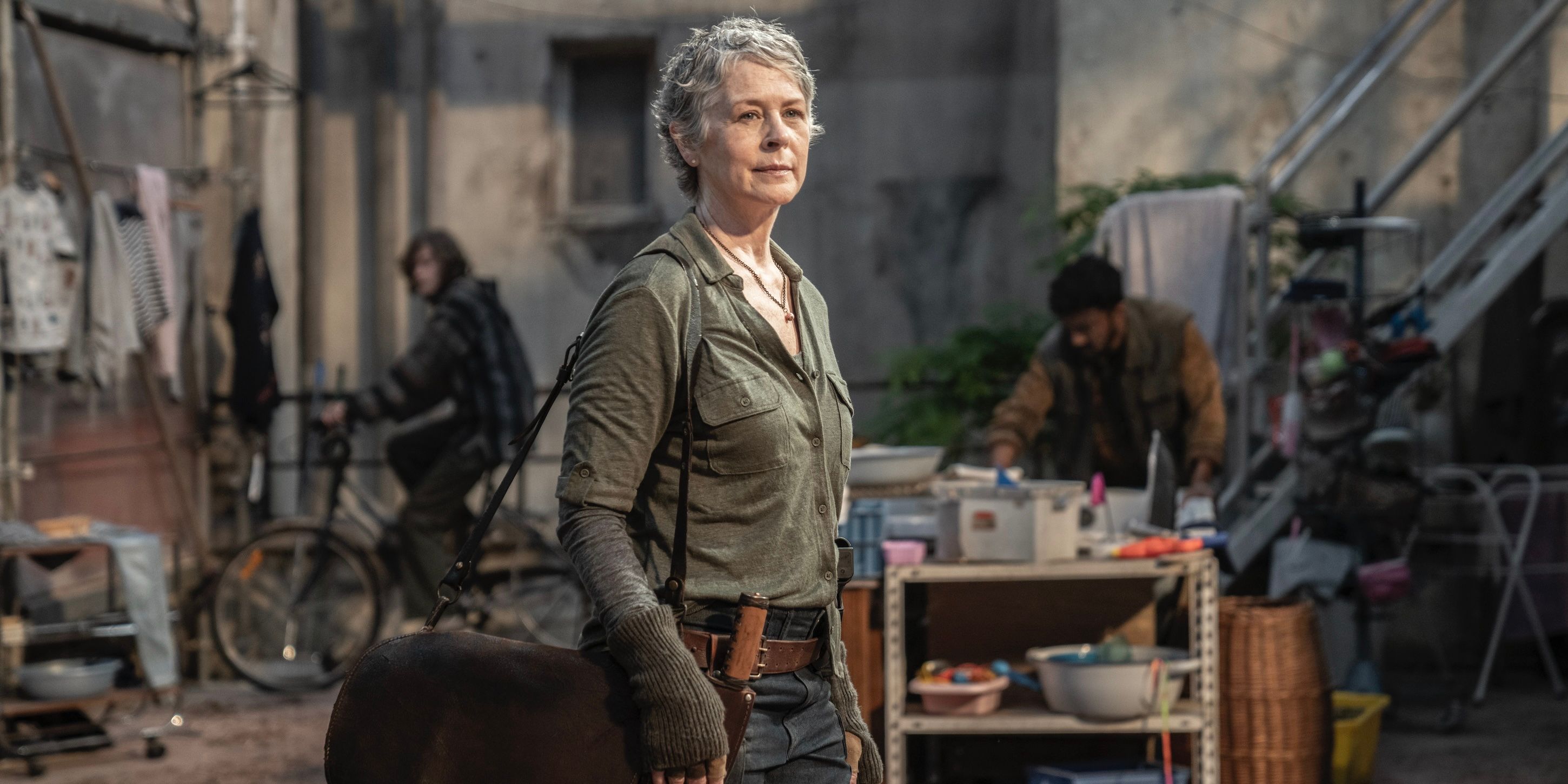
It’s just the characters. It’s just making characters that people love in these unbelievably fantastic circumstances that are exciting, frightening, emotional, funny even sometimes. It’s characters that you like hanging out with in a world that sparks your imagination.
When you go about creating new ideas for spin-offs or story developments, do you ever still have an idea that you pitch to AMC where they’re like, “Please don’t do that, that’s too far”?
During The Walking Dead, it was a little different because it was just a different time. The level of success it was enjoying was unprecedented. It was perhaps maybe a little easier to do crazier things. It’s a little different now. The world changes. You still argue your case and try to make it happen. For better or worse, sometimes you fall on your face. I think that’s also one of the biggest things about The Walking Dead: taking big chances.
Like Bruegel, [for example]. Great character, unbelievable actor, and we killed him. He’s gone. He’s not coming back. He’s dead. That’s a risk and that is one of the incredible things about The Walking Dead. Incredible death, incredible character. He was such a huge part of the season, [helping it] really come to a close, conclude the story, and truly ending.
Maggie does mention in the finale that she’s going to stay in Manhattan for Hershel. Despite the show literally being called Dead City, it had me wondering if there are ever plans to travel to other areas, since The Walking Dead and other spin-offs have always moved around. Or do you guys plan to stay in the city, since it’s so big already?
Manhattan is a big place. I think we have plenty to handle there though. There might be a little bit of traveling in one way or another in the future, but it’s Dead City. You’re right. It’s about this place unlike what we’ve seen on any of the other shows. It’s a really unique environment. It’s a big environment. In many ways, it’s a whole other world, so that’s the world we’re exploring now.
Lauren Cohan and Jeffrey Dean Morgan not only lead Dead City, but are also producers on it. What does their creative input look like on this show?
I’d go even beyond the creative input. They’re producers in every way. Whether it be the creative [side] or the production, they’re in on it and influencing it. Whether it’s ideas, whether it’s just applying the knowledge that they’ve developed over 10-plus years. They’re hugely influential in the way that we do things. We talk to them every week. They’re deeply involved as far as the shaping of the creative. They are the first conversation, even before the creative has been shaped as far as things that they’re eager to get into or things they want to see, or things they want to adjust. Some of those credits can be sort of vanity credits, but no, they’re not [in this case]. Jeffrey sometimes wants to kill me because it’s a lot of work. [Laughs] But they do it, and we’re the better for it.
The Walking Dead: Dead City Season 2 is available to stream on AMC+. Season 1 is streaming on Netflix.





